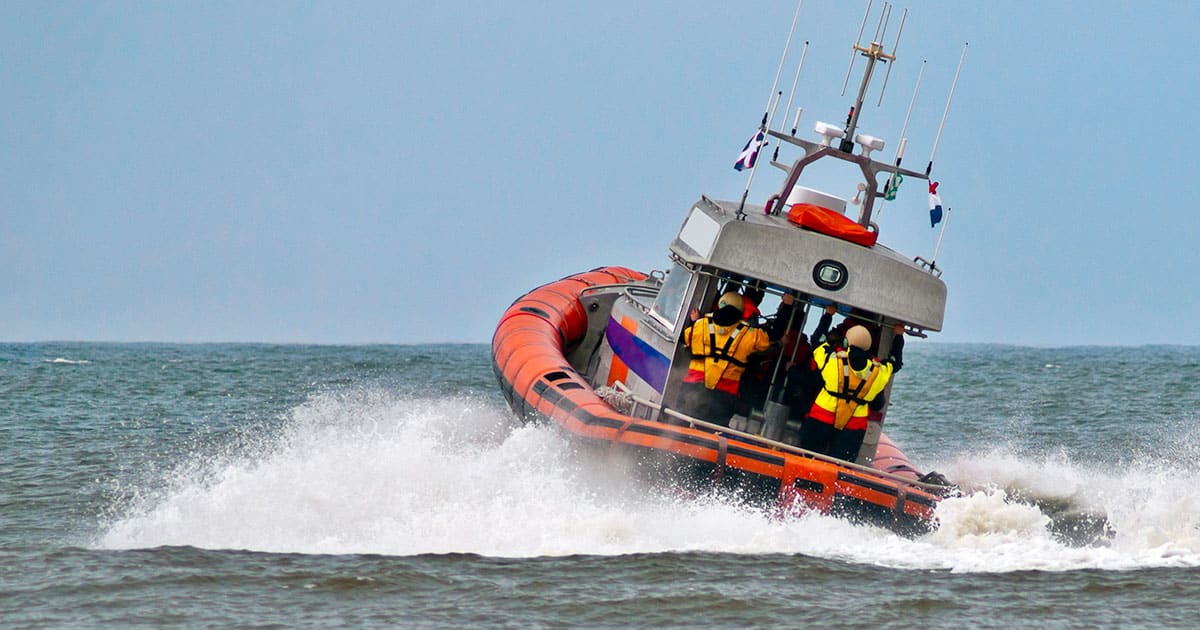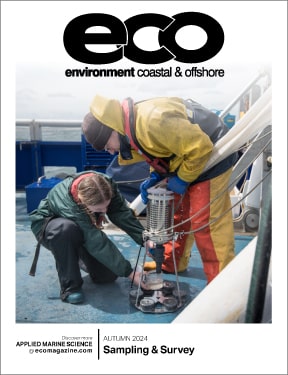As part of the Government of Canada’s commitment to growing the economy to help everyone get ahead, the Honorable Gudie Hutchings, Minister of Rural Economic Development and Minister responsible for the Atlantic Canada Opportunities Agency, on behalf of the Honorable Diane Lebouthillier, Minister of Fisheries, Oceans and the Canadian Coast Guard, announced an investment of more than $101 million investment over three years to continue important work at 26 harbors in Newfoundland and Labrador.
This investment will be used to reconstruct and repair wharves, launchways, and other critical harbor infrastructure. More than $53 million of this overall investment in Newfoundland and Labrador will also be used to reconstruct and repair piers, breakwaters, and other critical harbor infrastructure at 10 harbors that sustained serious damage from Hurricane Fiona. Lark Harbor is one such harbor that will be receiving a new wharf and building in addition to dredging.
The fishing industry is central to many coastal communities across Canada, and harvesters need small craft harbors to be safe and reliable. With climate change causing more extreme weather events, it is critical to invest in infrastructure that is more resilient and, above all else, safe for harbor users. These investments support local economic development for generations to come, providing functional harbors for Canadians working in the fisheries, aquaculture, construction, and marine engineering sectors.
Ministers Hutchings and Lebouthillier also announced the awarding of a $13.2 million contract to upgrade the Canadian Coast Guard Search and Rescue Station in Lark Harbor. Constructed in 2004, the station provides a vital service to the Western Newfoundland region. As the Canadian Coast Guard welcomes larger, more capable lifeboats into its fleet of the future, this contract will provide essential upgrades, including a new pier wharf for docking and enhanced vessel protection; two floating docks to accommodate new larger lifeboats; and upgraded fuel storage, power, and lighting.
“Harbors are the backbone of our vibrant fishing communities from coast to coast to coast, including here in Newfoundland and Labrador. As the nation with the longest coastline in the world, we must invest in resilient harbor infrastructure capable of facing the climate challenges of today and tomorrow. This is important to support strong rural economies, food security, and marine safety. With Budget 2024, we’re giving ourselves the means to achieve our ambitions by equipping our harvesters with modern and safe harbors where their children, grandchildren, and great-grandchildren will carry on our finest maritime traditions,” commented the Honorable Diane Lebouthillier, Minister of Fisheries, Oceans and the Canadian Coast Guard.
“Small craft harbors are the heart of our fishing industry and communities in Bonavista-Burin-Trinity and our province. This investment will not only renew and maintain the infrastructure that is essential to the region but also stimulate job opportunities that will benefit harvesters and support our local communities for years to come,” added Churence Rogers, Member of Parliament for Bonavista-Burin-Trinity.
Quick Facts
- Small craft harbors provide critical support to the commercial fishing industry, which had landings valued at almost $4.7 billion in 2022.
- Small craft harbors support more than 45,000 jobs within the Canadian commercial fishing industry, as well as many thousands of additional jobs in supporting industries.
- Fisheries and Oceans Canada (DFO) is responsible for keeping 949 harbors critical to the commercial fishing industry open and in good repair.
- Harbor restoration projects are undertaken in cooperation with the local harbor authorities, which are incorporated, not-for-profit organizations that manage and operate facilities for local users. There are more than 5,000 volunteers in harbor authorities across Canada.

